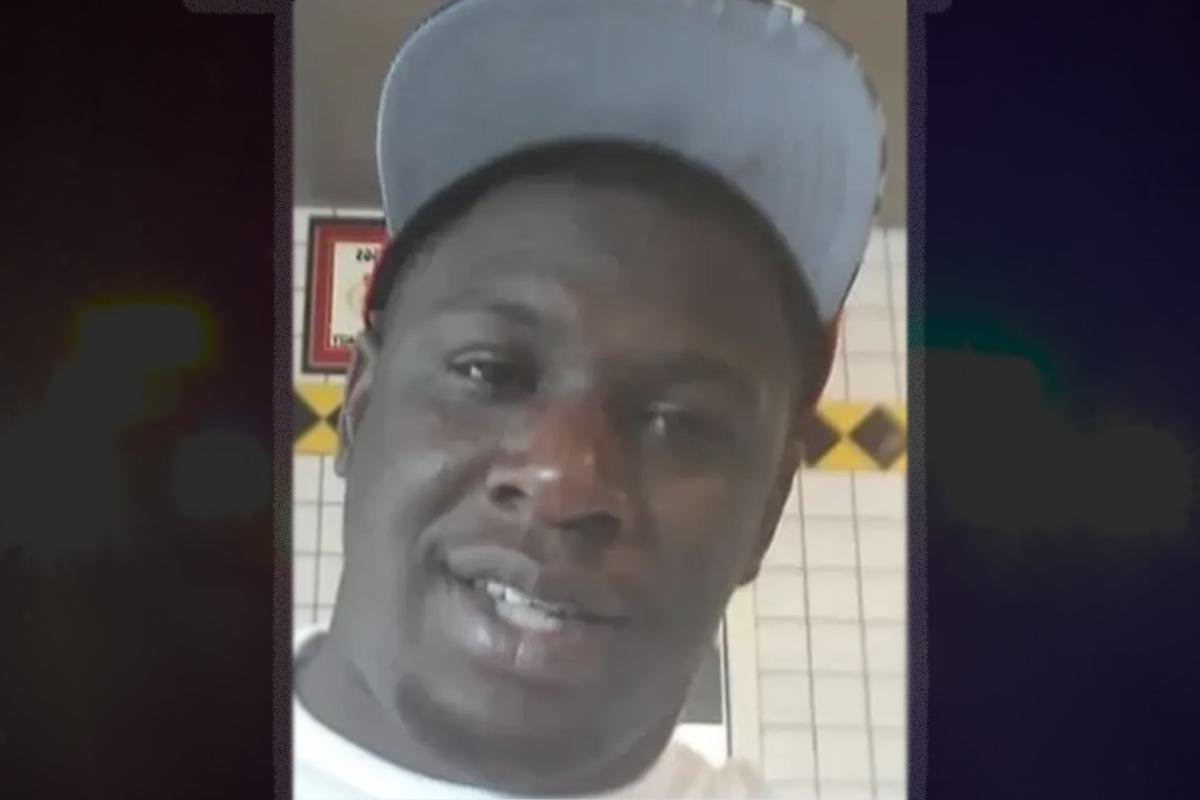Reverend Robert Clopton, the president of the Mobile branch of the National Association for the Advancement of Colored People (NAACP), spoke with 1819 News about Jawan Dallas, who died this summer after being arrested.
Mobile police encountered Dallas on July 2 while responding to a burglary in progress. Police spotted Dallas, who matched the description of a suspect. Police Chief Paul Prine said Dallas did not comply with officers and attempted to run.
A Taser was used on Dallas, but Prine claimed it was not effective. When Dallas attempted to take the Taser from the officer and attempted to bite the officer, Prine said police had every right to use deadly force but didn’t. Eventually, Dallas was subdued.
However, he became winded and was taken to the hospital, where he died.
Clopton has since spoken to civil rights attorneys who plan to file a lawsuit against the City. He said even after a Mobile County grand jury came back with a no-bill against the officers involved, they are still questioning what information was presented to the grand jury to convince them to come to that decision.
Despite evidence that Dallas had an underlying condition and drugs in his system, Clopton said the bodycam paints a different picture.
“If you are tased over and over again and beaten, you could possibly have an enlarged heart,” said Clopton. Therefore, from the NAACP’s standpoint, we stand with, in this particular case, we stand with the legal representation of the family. That is that this is one of the most horrible cases of death inflicted by law enforcement.”
The family of Dallas attended city council meetings for months after the death, asking to review body-worn camera footage. After they saw it, Clopton said they were traumatized.
“It was in line with the George Floyd death,” he explained. “It was that bad, how bad this young man was treated and those actions of the Mobile police department led to his death. Not necessarily his underlying conditions or anything in his system.”
There are similarities in the cases of George Floyd and Jawan Dallas. Both men were accused of being in possession of drugs and having drugs in their system at the time of their deaths. Evidence in both cases shows pre-existing health conditions.
Floyd was 46-years-old while Dallas was 36-years-old.
No criminal charges will be filed in connection to Dallas’ death, but Minneapolis police officer Derek Chauvin was convicted of second-degree murder in the death of Floyd. Chauvin is serving more than 20 years in prison, where he was seriously injured after being stabbed multiple times last Friday.
Video of Floyd was quickly circulated online after a passerby filmed the incident. Attorneys who filed an appeal argued it was the viral video that barred Chauvin from having a fair trial.
The public has not seen the video of Dallas’ arrest.
Attorneys for the Dallas family claimed that in the video, they could hear him begging for his life, saying he couldn’t breathe and that he did not want to be George Floyd.
“As traumatized as the family was and as upset as the attorneys and anyone who saw it [bodycam footage], relative to what they saw, it’s hard to say that they were not factual in what they were reporting,” Clopton stated.
On Tuesday, Dallas' family addressed the city council.
“The video, everyone needs to see it and they have their own opinion on what happened,” said La Tanga Thompson, Dallas’ aunt. “Because what they told us before she [Dallas’ mom] saw it, is not so.”
A committee is reviewing the body camera footage policy for the Mobile Police Department. A vote on the issue will be considered at the December 5 council meeting. 1819 News requested to view the body camera footage, and that request was forwarded to legal counsel.
The Mobile NAACP is also reviewing four other cases involving the Mobile Police Department.
“Mobile, we have a problem,” Clopton added. “That problem has got to be rectified and reform has to take place.”
Clopton said he wants to see justice any time a person causes injury or death to another person, especially when it comes to those who are in a position to serve and protect. However, he said people have a right to self-defense.
“If you save your life or save the life of others or people you love, that would definitely be justified,” he said. “You can’t sit by and just let yourself get killed or let someone else get killed if you can help it. However, if you can deactivate that particular scenario with non-lethal force, that would be greatly appreciated.”
To connect with the author of this story or to comment, email erica.thomas@1819news.com.
Don’t miss out! Subscribe to our newsletter and get our top stories every weekday morning.










